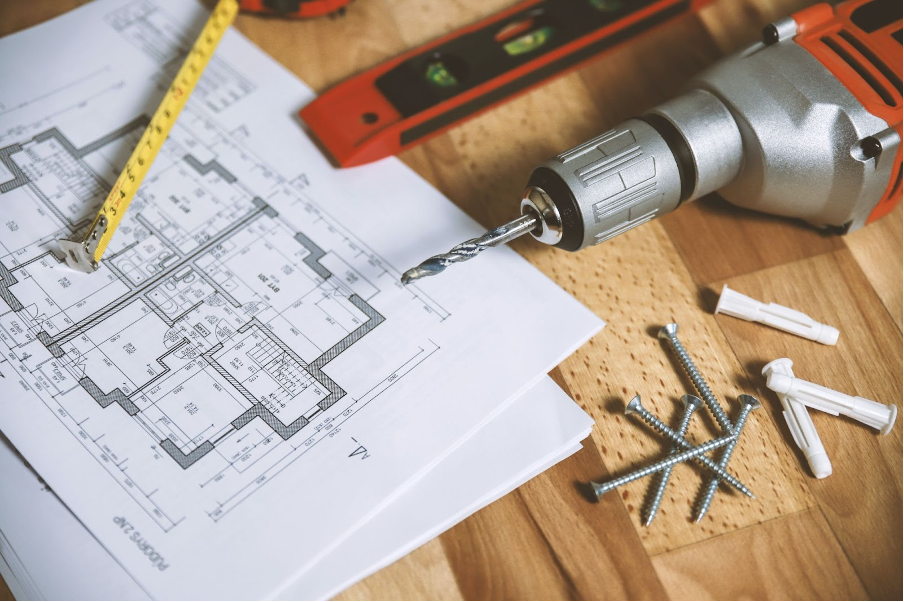Renovating your home can be an exciting yet challenging endeavor. It’s an opportunity to transform your living space, giving it a fresh look or better functionality. However, without proper planning and consideration, what starts as a creative project can quickly turn into a stressful undertaking.
In this post, we’ll guide you through the six key things you need to consider when embarking on your home renovation journey.
Evaluate Your Home’s Plumbing And Electrical Systems
First and foremost, assess the state of your home’s plumbing and electrical systems. Older homes, in particular, may have outdated systems that don’t comply with current regulations or can’t handle the demands of modern appliances. Enlisting the services of professional electricians and plumbers is a wise first step. They can evaluate your current systems, suggest necessary upgrades, and ensure any renovations don’t adversely impact these vital infrastructures.
Remember, trying to save costs by overlooking this step could lead to more expensive repairs in the future.
Plan Your Budget
Renovating a home can be a costly endeavor. Before starting, it’s crucial to establish a clear budget.
Factor in the cost of materials, labor, and unforeseen expenses that may arise during the renovation. Always include a contingency fund in your budget to cover unexpected costs, as renovations often uncover unforeseen issues once the work begins. Sticking to your budget can help keep your renovations on track and prevent financial stress.
Decide On Your Design Style
Before starting any renovations, it’s essential to have a clear vision of what you want your space to look like. Start by deciding on your design style.
Do you prefer a modern, minimalist look, or are you drawn to a more traditional aesthetic? Your design style will influence everything from the type of fixtures you choose to the color of the walls. Collect design ideas from magazines, websites, or by visiting showrooms. If you’re struggling to decide, consider hiring an interior designer who can guide you based on your preferences and the functionality of your space.
Consider The Functionality Of Your Space
While aesthetics are important, the functionality of your space is equally vital. Think about how you use each room in your house and what changes could make those spaces more functional for you and your family. Would an open floor plan make your living area more family-friendly? Could your bathroom benefit from additional storage?
Always balance the practicality of your renovation decisions with their aesthetic impact.
Think About Your Home’s Value
If you plan to sell your home in the future, consider how your renovation decisions might affect its value.
Some renovations, like updating kitchens and bathrooms or adding outdoor living spaces, can significantly increase a home’s resale value. On the other hand, overly personalized or unconventional renovations might not appeal to potential buyers. Researching trends in the real estate market and speaking with a real estate agent can help guide these decisions.
Understand The Timeline
Renovations can be disruptive, and living in a construction zone can be stressful. Before you begin, understand the timeline. Speak with your contractors and any professionals involved to get a realistic idea of how long each stage of the renovation will take.
Remember that delays are often part of the process, so it’s beneficial to have flexible expectations and plans.
In Conclusion
Renovating your home can breathe new life into your living space, but it requires careful planning and consideration. By evaluating your home’s crucial systems with the help of professionals like plumbers and electricians, planning your budget, deciding on a design style, considering functionality, thinking about your home’s value, and understanding the renovation timeline, you can navigate the renovation process more smoothly.
Remember, the goal of any renovation is to create a space that you and your family will love and enjoy for years to come.


Comments are closed.